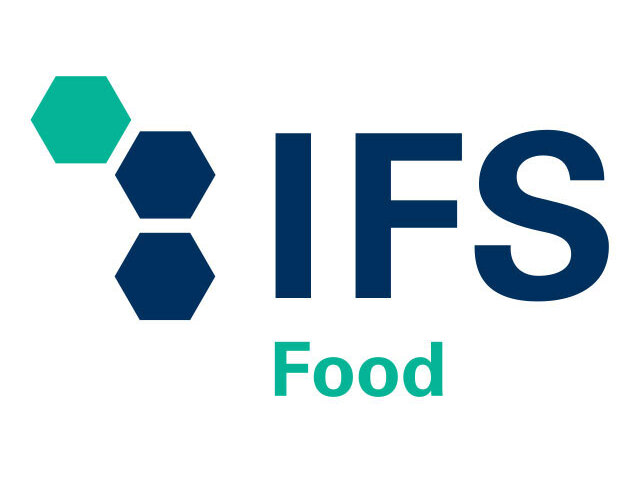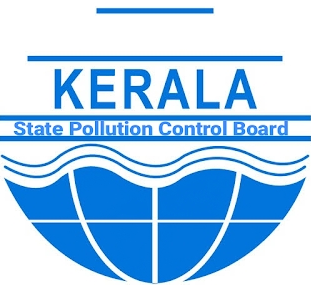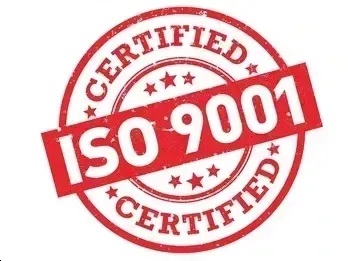What is HACCP?
Hazard Analysis Critical Control Point or HCCP is a management system. HACCP addresses food safety through proper control and examination of chemical, biological and physical hazards. These hazards may arise from production of raw materials, manufacturing, handling and procurement, and even from distribution and consumption of the product. As an internationally recognised tool, HACCP helps to find and control hazards that can occur in the food business. Various organisations help to procure this certification. Insight is one of the leading food safety certification consultants in Kerala that guides you to procure different types of accreditations.
Benefits Acquired Through the Implementation of HACCP:
There are numerous benefits that both the consumers and businesses have while getting HACCP certification:
- Increase customer confidence- customers can be ensured that they consume only quality products. They will not get sick from consuming any products. Seeing the certification encourages the customers to purchase that product. This also helps the businesses. Your business will demonstrate a commitment to providing safety products. Thus it will inform the public that food safety is your priority. This creates confidence in your products.
- Increase in profits- though the business will have to incur some expenses in implementing a HACCP system, it will gradually contribute to profitability. Being the recognised hygiene rating audit agency in Kerala, we give guidelines to procure HACCP certification. By ensuring that all the principles of HACCP are followed and implemented, your products will have improved quality and safety. This will earn the trust of the consumers and they will be loyal to your product.
- Legal requirement- In some places, it is mandatory that the businesses have HACCP certification. The certification is required as per the laws. The certificate is valuable, and more than just the mandatory side, it is a great way to show the company’s quality. It provides protection for your brand and adds to the reputation of your company. Quality consultancy services in Kerala are available at Insight.
Core Principles of HACCP:
The seven core principles which form the foundation of HACCP in guiding the procedures are:
- Conducting a hazard analysis
- Find out the critical control points
- Set up critical limits
- Set up monitoring procedures
- Set up corrective actions
- Set up verification procedures
- Set up documentation process and record-keeping
Facts of HACCP:
HACCP was developed by NASA- The concept of HACCP was first put forward by NASA around the 1960s in order to ensure quality food for space flights. Eventually this transformed into an international standard for ensuring the safety of food. Major organisations now recognise the protocol of HACCP.
The principles are used in water management- A person named A.H. Havellar first suggested employing HACCP principles in 1994 for water management. Iceland was the first nation to implement it in 1997 for water safety management.
One person cannot oversee all the procedures- It is necessary to divide the task to various people at different stages. This is necessary because the seven steps cannot be carried out at the same time. It can only be done at different stages of food supply.








